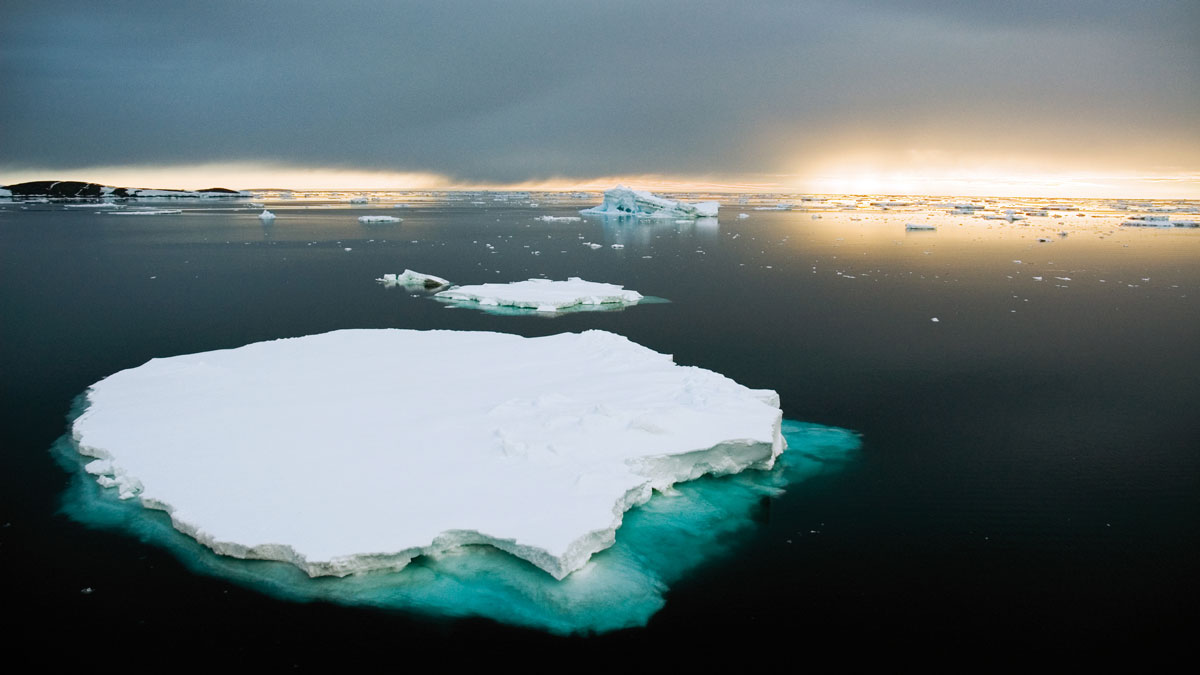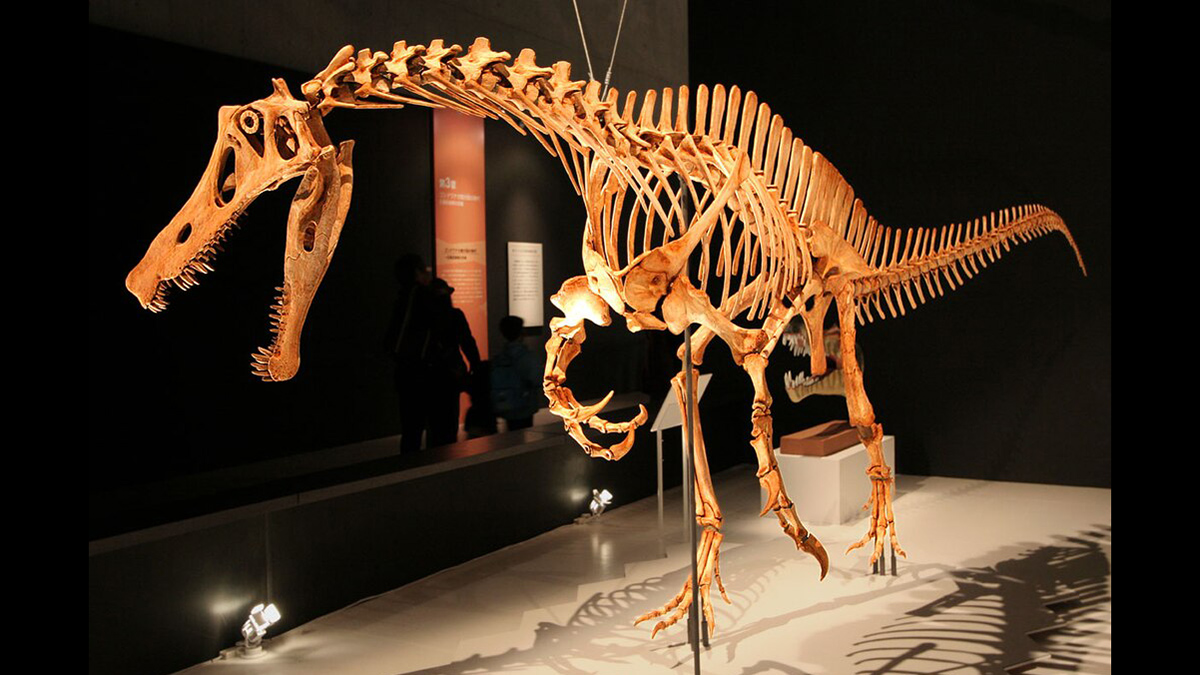Unless we rapidly reach net zero emissions, the climate will inch closer to a point of no return—even after greenhouse gas emissions are reduced.
culture & policy
Carbon Dating Reveals the Timing of Puerto Rican Cave Art
New dates from cave art pigment add to evidence that Indigenous Puerto Ricans inhabited the island for millennia.
Revolucionando la ciencia de los terremotos en Cascadia
Un nuevo centro reunirá a científicos de sismos para estudiar la zona de subducción de Cascadia y aclarar los peligros sísmicos.
Did These Curious Rock Formations Inspire the Great Sphinx?
New research says it’s plausible the Great Sphinx started life as a geomorphological oddity known as a yardang.
Rates of Groundwater Depletion in India Could Triple by Midcentury
Climate change is contributing to crop stress associated with a growing demand for freshwater.
Shaking Up Earthquake Science in Cascadia
A new center will bring together earthquake scientists to study the Cascadia Subduction Zone and clarify seismic hazards.
La exportación ilegal de fósiles es más que un Irritator para el Sur Global
Más de 2,000 investigadores han firmado una carta abierta solicitando la repatriación del fósil de dinosaurio a Brasil. Algunos afirman que el caso pone de manifiesto un modelo de colonialismo científico en la paleontología.
How You Make Money Matters When It Comes to Carbon Emissions
Investment income is associated with more carbon emissions in the United States.
Hurricane Harvey Filled Houston with Sediment
The storm’s record-setting rains moved an equally impressive amount of sediment and elevated the risk and expense of absorbing all that muck.
Bird Biodiversity Reports Reflect Cities’ Redlined Past
The lack of bird records in formerly redlined areas creates an inaccurate picture of urban biodiversity, leading to gaps in conservation efforts.










